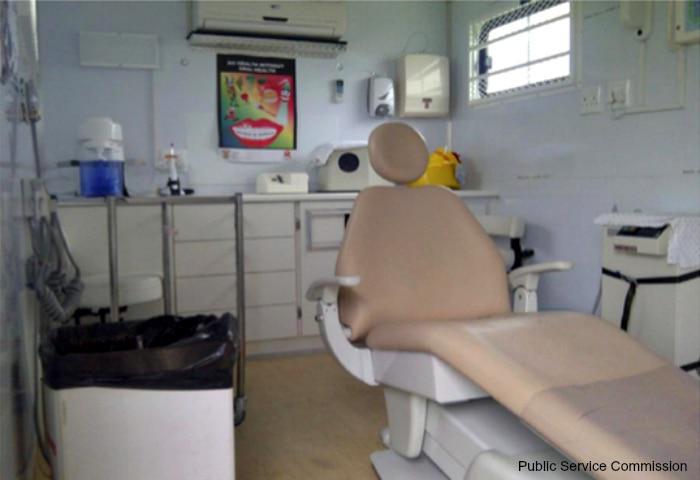Dire shortage of dentists

Despite ongoing official denials that health posts in provinces have been frozen, almost 5 500 public sector positions have been lost over the past four years, according to the SA Health Review 2017.
Over 300 medical specialists left between 2015 and 2016 alone, and the Western Cape suffered the greatest loss – which lost 200 specialists. This province was also the only one to lose doctors (down by 63 to 1500).
While Limpopo only lost 12 specialists in the past year, it means that the province is now down to 68 specialists. This translates into 1,3 per 100,000 people, the lowest ratio in the country and way below the country average of 10.
Zero dental specialists
Only one in six registered dentists – a mere 1,118 – work in the public sector. There are less than two-and-a-half dentists per 100,000 people in the country. All the citizens of the North West have to share 44 dentists.
The situation is dire when it comes to dental specialists, with only 160 in the public sector in the entire country. This translates into less than half a specialist (0,4) per 100,000 people.
You can forget about special attention for your teeth if you live in the Eastern Cape and North West, which have zero specialists. Meanwhile, the Free State, KwaZulu-Natal, Mpumalanga and the North West boast one specialist each.
Psychologists in private health
Similarly, psychologists are overwhelming working in the private sector – only 1238 out of the 8,415 registered. That’s less than three per 100,000 people – and one per 100,000 people in KwaZulu-Natal.
Less than half of the country’s registered doctors – around 14,000 – work in the public sector. Less than half the country’s 140,508 professional nurses (67 766 to be exact) are in the public sector, yet they are the backbone of the public health sector.
* The public sector figures were taken from PERSAL, which is the government pay system while the overall figures are from the Health Professions Council of SA .
Author
Republish this article
This work is licensed under a Creative Commons Attribution-NoDerivatives 4.0 International License.
Unless otherwise noted, you can republish our articles for free under a Creative Commons license. Here’s what you need to know:
You have to credit Health-e News. In the byline, we prefer “Author Name, Publication.” At the top of the text of your story, include a line that reads: “This story was originally published by Health-e News.” You must link the word “Health-e News” to the original URL of the story.
You must include all of the links from our story, including our newsletter sign up link.
If you use canonical metadata, please use the Health-e News URL. For more information about canonical metadata, click here.
You can’t edit our material, except to reflect relative changes in time, location and editorial style. (For example, “yesterday” can be changed to “last week”)
You have no rights to sell, license, syndicate, or otherwise represent yourself as the authorized owner of our material to any third parties. This means that you cannot actively publish or submit our work for syndication to third party platforms or apps like Apple News or Google News. Health-e News understands that publishers cannot fully control when certain third parties automatically summarise or crawl content from publishers’ own sites.
You can’t republish our material wholesale, or automatically; you need to select stories to be republished individually.
If you share republished stories on social media, we’d appreciate being tagged in your posts. You can find us on Twitter @HealthENews, Instagram @healthenews, and Facebook Health-e News Service.
You can grab HTML code for our stories easily. Click on the Creative Commons logo on our stories. You’ll find it with the other share buttons.
If you have any other questions, contact info@health-e.org.za.
Dire shortage of dentists
by kerrycullinan, Health-e News
August 24, 2017




